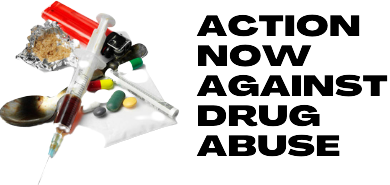The attention of the world has once again shifted to Persons Living with HIV/AIDS with the commemoration of the World AIDS Day on December 1. Recounting their experiences in the past one year, some of the People Living With HIV/AIDS said COVID-19 caused a big scare and panic in their circle.

A former Chairman Lagos Branch, Network of People Living With HIV/AIDS ,(NEPWHAN), Peter Obialor Ifeanyichukwu recalled that , “COVID-19caused panic, we were scared ,and it’s like we were all going to die” Peter said it was a big deal for those who were already having some health implications from HIV, they were scared that the problems associated with COVID-19 could be a double tragedy. The journey has been tough for most members of NEPWHAN in Nigeria as per access to treatment and drugs.

As the World commemorates the World AIDS Day with the theme “End Inequalities. End AIDS, Peter said the greatest service the world could render to them would be to remove barriers and stigmatization. “i am surprise that in this century people still treat us like lepers, no one wants to employ us, then how do we get money to feed and sustain treatment?”
Ending inequalities, means adequate access to drugs and treatment. Peter would also want governments at all levels to look into the issue of extortion in dispensing drugs at government hospitals. The issue of accessibility to drugs for NEPWHAN members is very key, as the drugs are not readily available across the counter,Peter pleaded.
Speaking also about the experiences of Persons Living With HIV/AIDS and inequalities, the Chairman of the Zamfara State branch of the Nigerian Medical Association, (NMA),Dr. Mannir Bature said urgent measures should be put in place to make drugs available. Inadequate drugs, from experience has been a minus to the fight against the dreaded disease.
Dr. Bature also pointed out that there has been dwindling resources and the donor fatigue is not helping matters in making resources available for adequate treatment for people living wih HIV/AIDS. He challenged government to muster the political will to address the problem of inequalities.
In Nigeria, as of 2020, 1.7 million people were living with HIV. Women were the most affected group, accounting for about 960 thousand individuals, while Children up to 14 years who were HIV positive equaled 130 thousand. UNAIDS, however, put the global figures to 37.7 million.


Happy World AIDS day
LikeLiked by 1 person